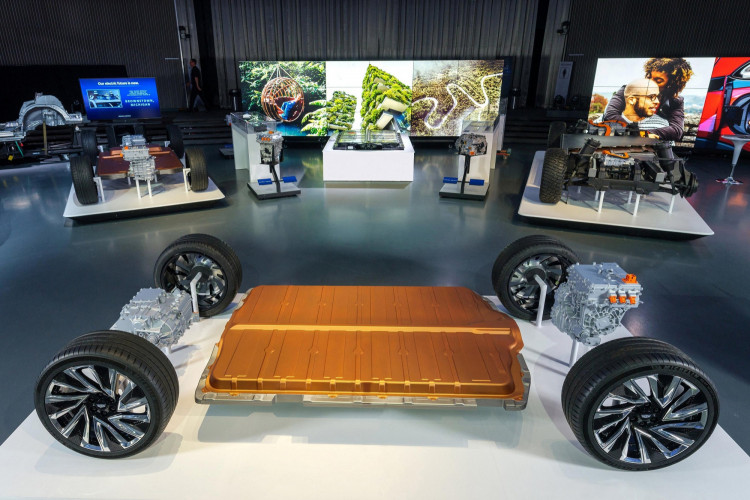Tesla is now close to unveiling its new battery breakthrough, which it expects will significantly change the electric vehicle and power market landscape. The new battery, which is said to have a longer lifespan, higher energy density, and lower production cost, will be integrated into its Model 3 sedan for the Chinese market later this year.
Equipped with the new battery, Tesla aims to reduce the cost of electric vehicles and make them in line with their gasoline-powered counterparts. The extended lifespan of the batteries will also allow it to be used in electric power grids. Over the past couple of months, Tesla and SpaceX founder, Elon Musk, has been teasing investors and its rivals of the new advanced battery technology. Musk previously stated that he would unveil details about the new battery on "Battery Day" later this month.
Tesla developed the new battery, which it calls the "million-mile" battery, in collaboration with Chinese tech firm Contemporary Amperex Technology Ltd (CATL). The company also utilized technologies developed by its team of academic battery experts, who were handpicked by Musk.
Apart from being the largest electric vehicle manufacturer in the world, Musk hopes that the new technology would allow Tesla to become a legitimate power company, able to compete with firms such as Tokyo Electric Power and Pacific Gas & Electric (PCG).
To achieve this, Tesla is accelerating its research into "second life" applications of its electric vehicle batteries. The company has already made a working grid storage system using old Tesla car batteries, which it had installed in South Australia in 2017.
According to sources familiar with the matter, Tesla will first introduce the new battery to the Chinese market, as part of its broader strategy to take over a larger market share. The company then plans to eventually release improved versions of the technologies to other markets, including North America.
Sources claim that the new batteries will utilize the latest breakthroughs in low-cobalt and cobalt-free battery chemistries as well as newly discovered chemical additives and materials to extend the life of the battery and increase its energy density.
To further drive down production costs, Tesla is reportedly planning to make substantial investments in new high-speed, fully-automated battery manufacturing processes. Musk previously teased that he will be building massive "terafactories," which will be much larger than the company's existing Gigafactory in Nevada. In line with its cost-cutting plan, Tesla is working with its Redwood Materials affiliate to enhance its recycling and recovery processes to acquire rare materials such as nickel, lithium, and cobalt.





